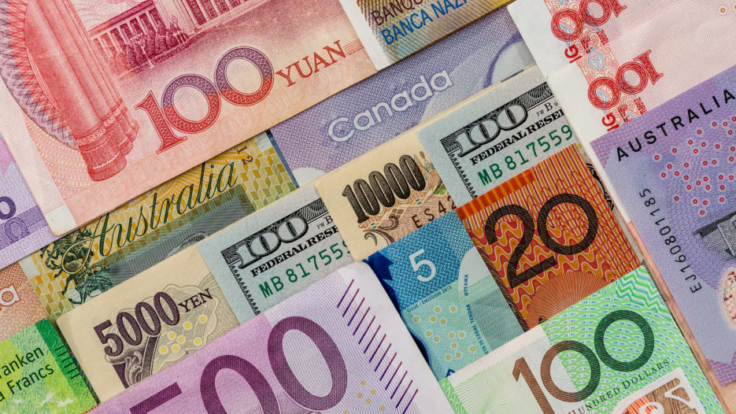Do Food Standards Inhibit Trade in Ugly Produce?
“Ugly” produce is a local trend serving a niche market. But if it does go global, there are a number of changes that would need to be made to standards at international, national and retailer levels on how we define what food “should” look like.







